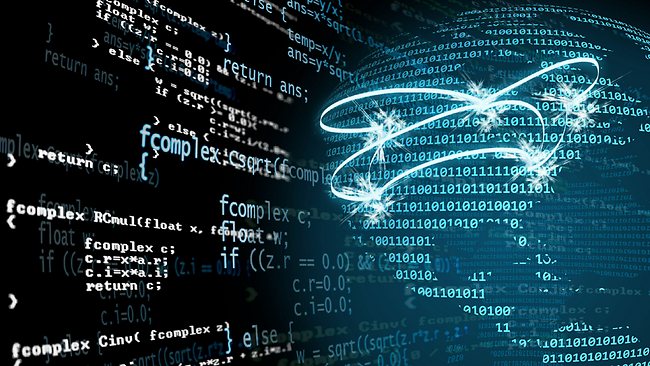‘We are all engaged in a cyber war,’ says former NSA expert
11/24/2015 / By usafeaturesmedia

(Cyberwar.news) Whether we want to be or not, all of us – individuals, companies, governments – are currently engaged in a widening cyber war, according to a former NSA cyber expert and U.S. Air Force vet when more than a quarter century’s worth of experience in military intelligence, cyber security and conflict resolution.
“It’s very important for all organizations, whether they be governmental, NGO-type or private sector enterprises, to realize one salient thing: we are really all at war,” Cedric Leighton, currently the head of Cedric Leighton Associates, a consulting firm, told UK web site V3.
Leighton was director of cryptologic training operations at the National Security Agency before forming his own consulting firm. He was discussing cyber security, nation-state surveillance and the spy world in the aftermath of the ISIS-led terrorist attacks in Paris.
“Whether you like it or not you have been enlisted in this effort to secure your networks and to secure your digital infrastructure,” he told the web site.
The digital war that is currently underway on one level would be ratcheted up dramatically during great power conventional conflict. In fact, the Pentagon has begun integrating a cyber offensive capability into its existing warfighting planning. That part of the conflict will be fought online, but unfortunately, as Leighton said, many are still not prepared for the coming cyber battle.
“The cyber security initiatives that many companies undertake are really not sufficient to combat the threats that are out there and which multiply on a minute-by-minute basis,” he told V3.
“When you see the nature of the threat and who the threat actors actually are, and what we are doing as a response, there is certainly an imbalance.
“We are looking at a situation where security mechanisms cannot keep up with the threats that state actors produce as well as non-state actors and hacktivists like Anonymous. All of those come together in a very dangerous landscape,” he added.
Leighton said that mass surveillance might have actually failed intelligence officials in Paris, but he also noted that many intelligence agencies in the West have not yet figured out the best way to handle big data, and to “properly assimilate all the big data points that are out there.”
“When you look at the French law that was passed in the wake of the Charlie Hebdo situation it seems the bureaucracy has not caught up with the procedures, including the sharing of threat information, that need to happen,” he said. “It looks like it didn’t happen in this case and that’s what’s damning about it.”
What is needed, he said, is data collection that is targeted – collection that is smarter.
“Law enforcement and intelligence need to remember that, yes, it is about collection, but more importantly it’s about refined collection, targeted collection, so that you can go after those who truly need to be watched in order to prevent these kinds of activities,” he said.
- ‘Like’ Cyberwar.news on Facebook by clicking here!
See also:
style="display:inline-block;width:728px;height:90px"
data-ad-client="ca-pub-8193958963374960"
data-ad-slot="6833476334">
Tagged Under:




















